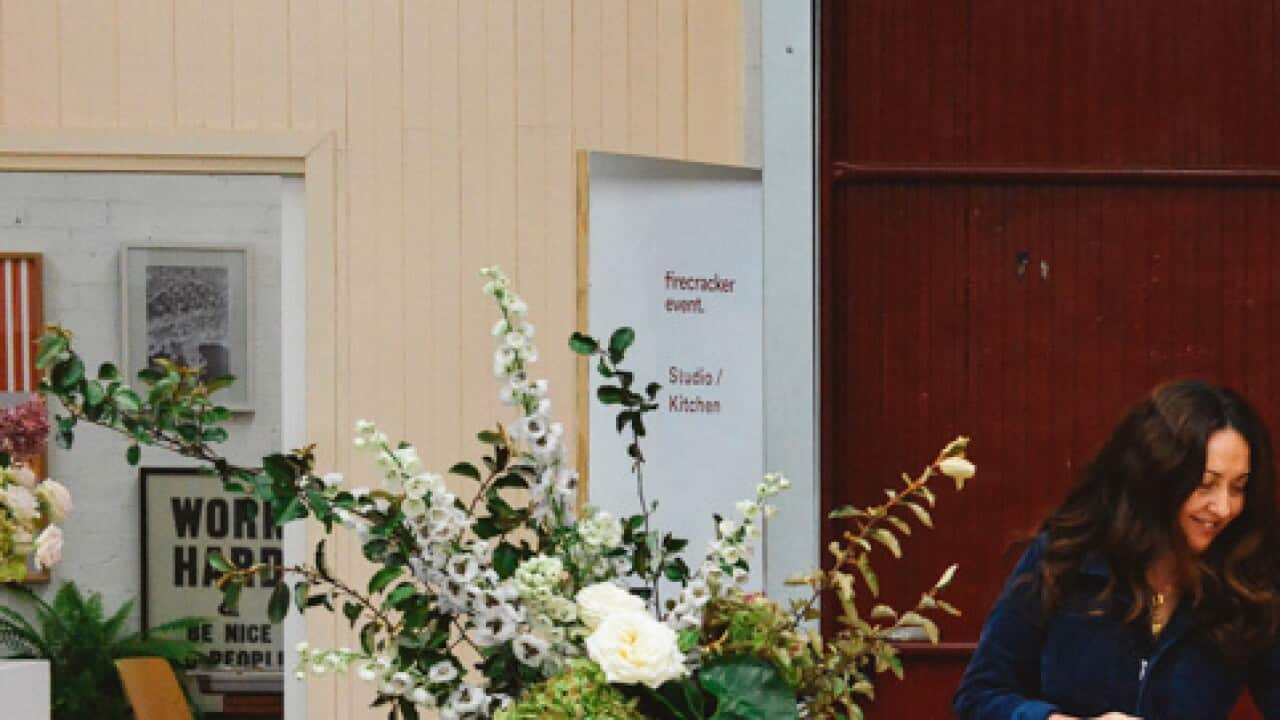Some questions aren't meant to be asked at work. Exactly how much you spend each week, for instance. What portion goes to rent? Does your partner have a job? A place for you to crash? Will there be anyone you can fall back on when all else fails?
These are the things Junda Khoo found himself asking, one person after the next, as he sat each of his 35 staff down at his restaurant — in a desperate attempt to work out how to keep them employed as the once-thriving business flails.
It's an extraordinary measure in an extraordinary time. On 18 March, when the government a ban on all non-essential indoor gatherings of more than 100 people to curb the deadly coronavirus spread, Khoo felt the shock in full force.
HELPING EACH OTHER

How to support our food and drink outlets in the coronavirus pandemic
That was a . On Thursday, business dropped by 90 per cent. "When that happened, I knew what was coming. Everyone [in hospitality] was panicking and trying to sort out their takeaway trade, but the first thing I did was try to secure more funding because I knew that it won't get better with the snap of a finger again."
Four days of pleading with banks and landlords later, Khoo managed to gather what he calls his 'war chest'. In other words, enough funds to cover rent and his staff's wages for four months —albeit with substantial shift cuts.
"Right now, we're all doing a fraction of the usual hours, so it's $200 a week's pay. I said to those guys because their money is going to rent, every day when they need to eat, they can just come to the restaurant and get staff meals, so they won't have to spend money on food outside. I'm [trying my best] to feed them," says Khoo.
A week later, another announcement would come. This time, shutting down all cafes, bars and restaurants, except for takeaway or delivery trades. It was an ice-age no one expected. At the time of writing, Australia's United Workers Union $1.9m wages are being lost in hospitality each week.
I'm trying my best to feed them.
In the US, New York Times food critic Pete Wells , "The [restaurant] business is hand-to-mouth even in the best of times; last night's receipts go straight into tomorrow's payroll."
Our own industry conditions are no better. Given the large portion of casual and overseas workers in hospitality, there's no safety net to speak of. Incredibly, it is smaller eateries who have been stepping up with creative strategies to keep business afloat and help staff survive
Nick Gilbert, who runs and , says, "Right now, we want to be proactive, not reactive."
"I've got two of my chefs working on a different style of pizza that people can take home and eat fresh in a vacuum pack. And I've got the waiters running pizzas out to the cars because we don’t need waiters anymore. They've become our mobile waiters," he jokes.
Unlike the transient nature of larger restaurants, Gilbert's staff aren't just a roster of names, but colleagues to whom he feels a personal responsibility. "We are a family — that's what they are to me. And they cannot go back to Italy," says Gilbert.
"None of my staff are older than 30 — they're young. They're away from home and their parents and we're here to support them. They don't have a family or a network. So I'm pretty much that person who can hopefully help them get through this."
They don't have a family or a network. So I'm pretty much that person who can hopefully help them get through this.
's co-owner Carol Salloum feels a similar sense of duty toward her longtime employees. "All of our staff are casual. If I had to cut hours down, a few of them have families, and for some, that's their only source of income, so they won't be able to pay rent. It's hard because I have to make that decision — and I don't want to," says Salloum.
Like Gilbert, Carol and her sister Sharon have been finding ways to change their staff's roles; redeploying them to help with deliveries or put together take-home care packs with bread, coffee, rice and pasta for locals who can't go out for groceries.
But all this can come at a personal cost. "I don't pay myself," says Salloum, "I haven't been paying myself for the last two weeks. I'd rather pay my staff and suppliers first.
MAKING ADJUSTMENTS

How to eat fruit and veg in the coming months
Junda Khoo is clear-eyed about the price of keeping his business afloat and saving the livelihoods of those around him. "If we don't receive any support in terms of rent from the government when my war chest is finished, I know I will go bust," he says, "But at least I went down fighting."
Still, it's a gamble he sees worth taking. "When all of this happened, I looked at my team and it really hit me that I'm responsible for these guys because I started as a 12-seater in Strathfield, from there we built up to 110-seater and now we have a 300-seater in Town Hall. So we literally started from nothing and I'm only here - where I am today - because of them."
To support your local restaurant and help keep the hospitality industry alive, check out food writer Tristan Lutze's website for a list of eateries that are now providing contactless take-away and home delivery meals.








